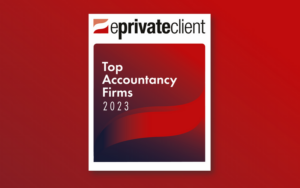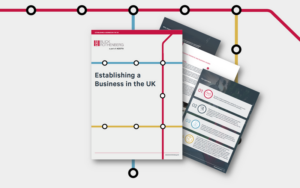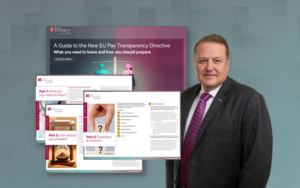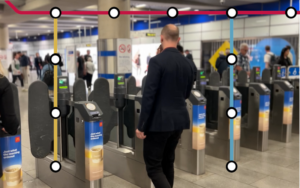Sole traders who received Covid support could be investigated by HMRC
Sole traders or those in partnerships who received support from the Government’s Self-Employed Income Support (SEIS) scheme during Covid may need to take particular care when they make their tax return at the end of the month or they could be investigated by HMRC.
Robert Salter, a tax services director at Blick Rothenberg, said: “Self-employed taxpayers with an established business would typically report their trading income (profits) based on the business accounting year-end which ended between 6 April 2021 – 5 April 2022. If their business has an accounting year end of, say, 30 June (so 30 June 2021 for the purposes of the 2021/22 UK tax return), the sole trader would report that accounting period’s profit figure on their tax return for the 2021/22 tax year.
“However, the trap for unwary individuals arises from the fact that SEIS grants are taxable income directly on a ‘tax year’ basis. This means that any SEIS payments received from the Government during the 2021/22 UK tax year need to be fully reported on the 2021/22 UK tax return at the end of the month.
“In many cases, the accounting year for self-employed traders will simply match the UK tax year (or potentially run until 31 March), in which case the self-employed traders will not have a problem as the ‘tax reporting basis’ for their trading profits and their SEIS grants will be covering the same period.
“However, those self-employed people with an established accounting year end which differs from the standard UK tax year need to ensure that when completing their 2021/22 UK tax returns, they report:
- the trading profit based on the accounting year end of their business, and
- SEIS grants actually received during the 2021/22 UK tax year.
“If they report both the trading profit and the SEIS grants on the same basis, they will – unless they have an accounting year end of 31 March or 5 April – be reporting the wrong amount of income on their self-assessment tax returns.
“This could easily result in them being audited by HMRC for tax return failures and becoming liable to late payment interest, surcharges and tax-related penalties for any underpayment of tax which might have arisen.”
Would you like to know more?
If you would like to discuss any of the above in more detail, please contact Robert using the form below, or through your usual Blick Rothenberg contact.
Contact Robert

You may also be interested in

Non-domicile changes – Trust protection

Non-domicile changes – Transitional provisions










